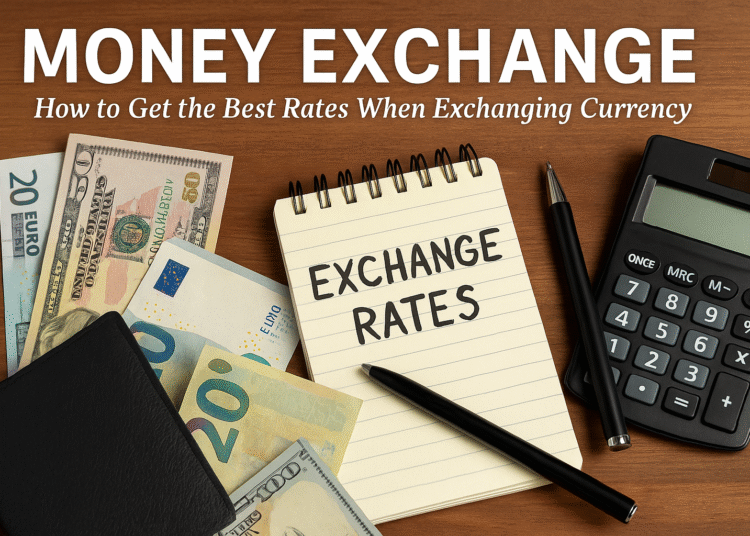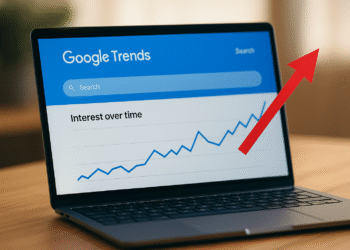Understanding Money Exchange: Why It Matters
Whether you are traveling abroad, sending money internationally, or investing in foreign assets, money exchange plays a crucial role in your financial planning. Small differences in exchange rates can lead to significant losses or savings, depending on how you manage your currency transactions. Knowing how to get the best rates and avoid hidden fees can save you hundreds — or even thousands — of dollars over time.
How Does Money Exchange Work?
At its core, money exchange is the process of converting one country’s currency into another. The rate at which one currency is exchanged for another is determined by the foreign exchange (Forex) market. Rates fluctuate constantly due to supply and demand, political events, economic news, and interest rate changes.
When you exchange money, you are either buying or selling a currency. Banks, online platforms, and physical exchange bureaus all offer money exchange services, but the rates and fees they charge can vary widely.
Where to Exchange Money: Options Compared
There are several ways to exchange your money, each with its pros and cons:
- Banks: Reliable but often offer less competitive rates and charge higher fees.
- Airport Kiosks: Convenient but usually the most expensive option for travelers.
- Online Currency Exchange Services: Often offer better rates and allow you to lock in a rate in advance.
- Local Exchange Bureaus: Typically more competitive, especially in tourist areas, but quality can vary.
- Peer-to-Peer Platforms: Some services allow individuals to exchange currency directly with others at market rates.
Tips for Getting the Best Money Exchange Rates
If you want to maximize the value of your money, consider these practical strategies:
- Plan Ahead: Avoid last-minute exchanges at airports or hotels.
- Compare Rates: Use online rate comparison tools to find the best deal.
- Understand the Spread: The “spread” is the difference between buying and selling rates — lower spreads mean better deals.
- Ask About Fees: Some services advertise “zero commission” but bake fees into worse rates. Always check the final amount you will receive.
- Use Multi-Currency Cards: Some cards allow you to hold and spend multiple currencies with no foreign transaction fees.
- Lock in Rates: If the market is volatile, consider services that allow you to fix a favorable rate in advance.
Common Money Exchange Mistakes to Avoid
Even experienced travelers and investors can fall into these traps:
- Exchanging Too Little or Too Much: Frequent small exchanges can rack up fees, but carrying too much cash can be risky.
- Ignoring Local Options: Local banks or licensed bureaus often offer better rates than international chains.
- Not Checking Exchange Policies: Some countries restrict currency exchanges or charge taxes on transactions.
- Using Credit Cards for Cash Advances: Credit card cash advances abroad often come with high fees and interest rates.
Online Money Exchange Services: Are They Safe?
Online currency exchange platforms have grown in popularity, offering convenience and better rates compared to traditional banks. Services like Wise (formerly TransferWise), OFX, and Revolut provide competitive exchange rates and transparency around fees.
However, it’s important to choose reputable providers. Look for companies that are licensed, have positive user reviews, and offer customer support in your language.
Money Exchange for Business and Investment
If you are exchanging money for business operations or international investment, getting professional advice becomes even more critical. Currency fluctuations can impact profits, so many companies use forward contracts, hedging strategies, or multi-currency accounts to minimize risks.
Professional money exchange brokers can offer better rates for larger transactions and often provide dedicated account managers to help you optimize your strategy.
Final Thoughts
Money exchange might seem like a simple task, but small mistakes can add up to large costs. Whether you’re traveling for leisure, moving abroad, or expanding your business internationally, understanding how money exchange works — and taking smart steps to secure the best rates — is a must.
Always compare rates, avoid hidden fees, and plan ahead. A few minutes of research can save you a significant amount in the long run, making your international experience more rewarding and less costly.
For additional insights, you can also check resources like Wise and Revolut for the latest exchange tools and guides.









